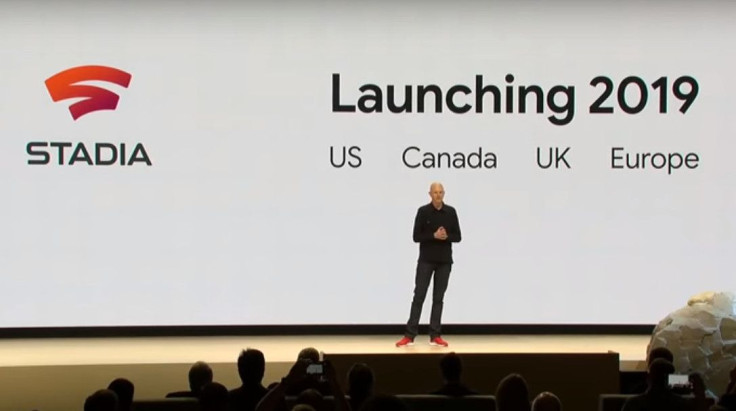Google will launch Stadia, its online gaming streaming service, in November. Stadia is designed to become a system that works for everyone and it comes with a reasonable pricing model. For a monthly subscription fee of only $9.99 users will get access to unlimited Stadia gaming at 60 frames per second and a resolution of 4K HDR.
Google Stadia could become a serious game-changer on the market of game-streaming services, and big brands such as Sony and Microsoft should be worried. Among the perks offered by Stadia, one of the most important is access to Google’s high-performance infrastructure. Thanks of the lack of necessary hardware and its tight integration with YouTube Gaming, Stadia can revolutionize the way we play games.
The available games will be in ultra-high settings and gamers will be able to play them on low local hardware specifications. Google’s Stadia game library is growing and it is expected that this will become a very successful game streaming service.
Majd Bakar, Google’s top engineering executive, said in a recent interview that Stadia games could run more responsive and faster than on local hardware such as a gaming PC or game consoles like the PS4 or Xbox One. In order to achieve that goal, Google will use several techniques to combat latency on low speed internet connections.
According to Stadia’s VP of engineering, regardless how powerful your computer is, in a couple of years games may be more responsive and run faster in the cloud than on your PC. As we can notice, Bakar isn’t claiming that Google Stadia will work so fast from launch. What he implies here is that the game streaming service will likely become faster than your local hardware in the future, after any potential issues will be solved by Google’s team.
According to PCGamesN, among the technologies to improve Stadia’s streaming speed includes one called “Negative Latency”. This term is used by Google to describe boosting frame rates on the server's side by using a large stream buffer, and a machine learning algorithm able to predict which buttons players are likely to press next.


















